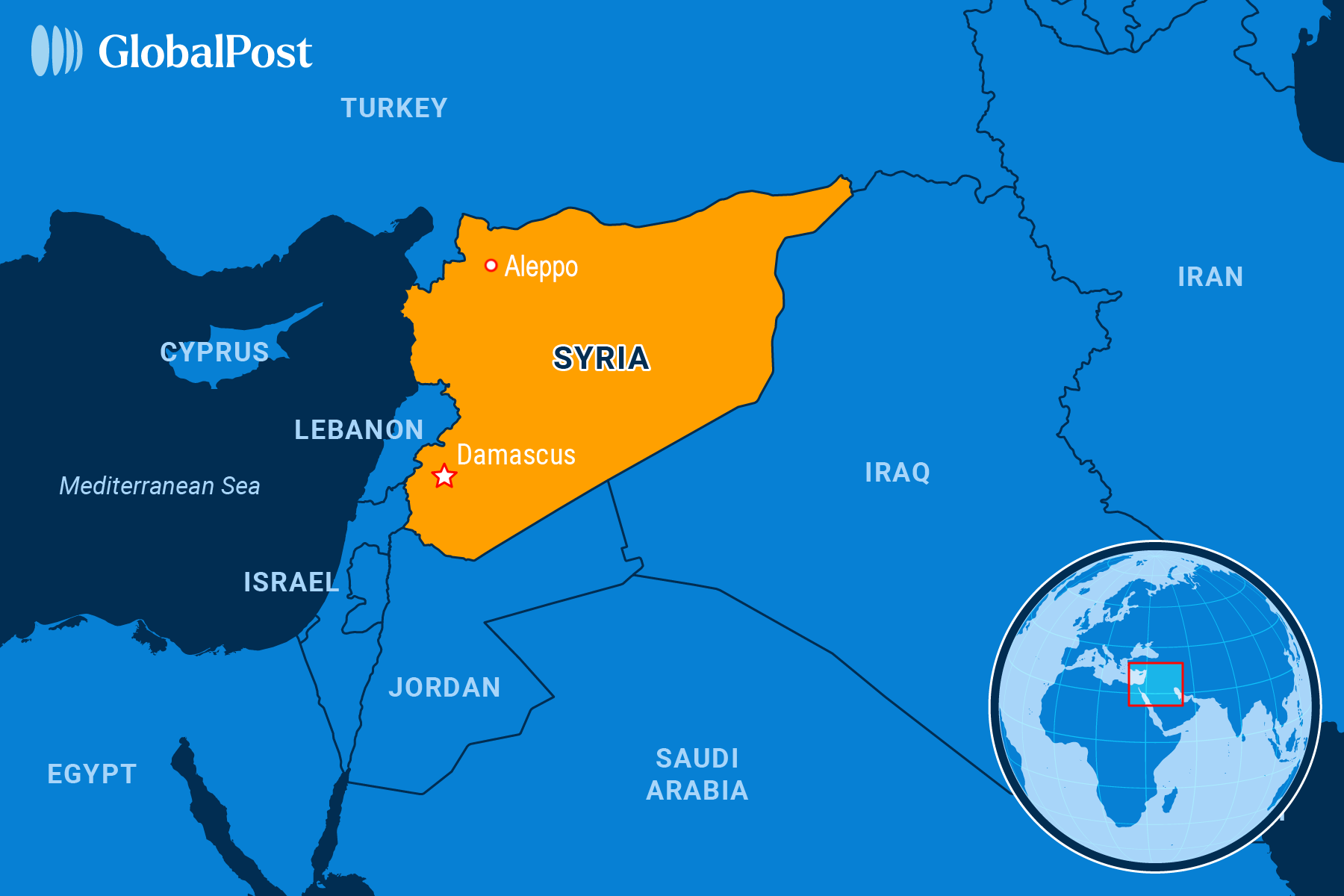Coming Back to Life

Syrian rebels seized much of Aleppo over the weekend, triggering airstrikes by Russia and Iran, and posing the most significant challenge to President Bashar Assad’s government in years, even as the renewed conflict is exacerbating an already dire humanitarian crisis, the Washington Post reported.
The rebels, led by the Islamist group Hayat Tahrir al-Sham (HTS), advanced from their stronghold in the northeastern province of Idlib and overran key areas of Aleppo, including the city’s airport and a military academy. This marks the first time insurgents have controlled an international airport in the war.
Meanwhile, videos circulating on social media show HTS fighters raising their flag over Aleppo’s citadel and freeing prisoners.
Civilians in Aleppo, Syria’s second-largest city, described fear and chaos, with hundreds fleeing the metropolis or moving to regime- or Kurdish-controlled areas. Those who remained were subjected to night-time curfews imposed by the rebels.
In his first public comments since the offensive, Assad vowed to defend Syria’s “territorial integrity” and defeat the rebels, calling for continued resistance against people whom he described as “terrorists and their supporters.”
His regime – supported by Russian airpower and Iranian militias – launched a series of counter-attacks: Over the weekend, Russian and Syrian warplanes bombed rebel-held areas in Aleppo province and Idlib, with officials claiming to have killed 300 militants in strikes on rebel command posts and artillery positions.
Meanwhile, the Syrian army redeployed forces to key positions in the nearby Hama province, claiming to have stopped the rebels’ advance in the south. Even so, the HTS countered that it has captured at least four towns in the region, the Financial Times noted.
The United Kingdom-based Syrian Observatory for Human Rights reported 412 fatalities, including more than 40 civilians, since the fighting began, Agence France-Presse reported.
Observers said the offensive underscores the Assad regime’s fragility despite controlling roughly 70 percent of Syria, mainly because its allies are preoccupied with other conflicts, such as Russia’s war in Ukraine.
HTS’ ability to coordinate a large-scale attack, and its leader Abu Mohammad al-Jolani’s declaration of intent to “reach the heart of Damascus,” prompted questions about the regime’s preparedness.
The fighting further exacerbates Syria’s humanitarian crisis, already one of the world’s worst, with Aleppo’s public hospitals overwhelmed and private facilities shuttered.
The United Nations Office for the Coordination of Humanitarian Affairs warned that civilians are struggling to find food, shelter and medical aid. The United States – which has designated HTS as a terrorist group – called for the implementation of UN Security Council resolutions to stabilize Syria, but remains focused on supporting Kurdish forces while managing tensions with Turkey, a key backer of some opposition groups.
Syria has been fighting a civil war since 2011, which has killed around 500,000 people and displaced millions, internally and around the world. Before last week’s offensive, fighting had mostly subsided even as rival factions and foreign powers vied for influence in the deeply fractured country.

Subscribe today and GlobalPost will be in your inbox the next weekday morning
Join us today and pay only $46 for an annual subscription, or less than $4 a month for our unique insights into crucial developments on the world stage. It’s by far the best investment you can make to expand your knowledge of the world.
And you get a free two-week trial with no obligation to continue.
